 I am honored, awed, and humbled that my short story anthology just received its third distinction. I was notified that The Trail Back Out was selected as a Finalist for the 2021 IAN Book of the Year Award (Short Story Collection) by the Independent Author Network. Go to this link for the finalists and winners:
I am honored, awed, and humbled that my short story anthology just received its third distinction. I was notified that The Trail Back Out was selected as a Finalist for the 2021 IAN Book of the Year Award (Short Story Collection) by the Independent Author Network. Go to this link for the finalists and winners:
2021 IAN Book of the Year Awards
The Trail Back Out was also named a 2020 Best Book Award Finalist in Fiction: Anthologies for the American Book Fest. In addition, the title story The Trail Back Out was longlisted for the 2021 ScreenCraft Cinematic Short Story Award.


 I’ve been going for long walks on the trails in the woods and orchards here, trying to absorb the news. The Trail Back Out is available for purchase and download.
I’ve been going for long walks on the trails in the woods and orchards here, trying to absorb the news. The Trail Back Out is available for purchase and download.
NOTES: ©Jadi Campbell 2021. My other books are Grounded, Broken In: A Novel in Stories and Tsunami Cowboys.
Tsunami Cowboys was longlisted for the 2019 ScreenCraft Cinematic Book Award.
Broken In: A Novel in Stories was a semifinalist for the international 2020 Hawk Mountain Short Story Collection Award from Hidden River Arts. And Broken In just received a second distinction, which will get its own post!
Click here for my author page to learn more and purchase my books.

Here is what readers can expect: From tales of Eddie, high on LSD and trapped by “What Died in the Fridge”, and a compulsive gambler hiding during a Category Five storm in “Better Weather”, to the luminous title story of two strangers meeting by chance in the backwoods during a pandemic, the stories describe the pain and humor of being alive. Included in this collection are “Rules to Live By”, a funny and deeply thoughtful story about what we choose to teach our children. The author examines our responsibility to others when a hunter is shot and left for dead in “The Green Under the Snow”. In “Do Dreams Float?” a wife considers a hit-man’s offer of revenge. And the eternal search for happiness is carried out by a gloomy little girl nicknamed “Princess Rain Clouds”. In ten stories, Campbell paints vivid descriptions of everyday life in strange times. Whether during the upheaval of the last century or the present COVID-19 crisis, The Trail Back Out guides the reader through a labyrinth of questions about how to live and love.













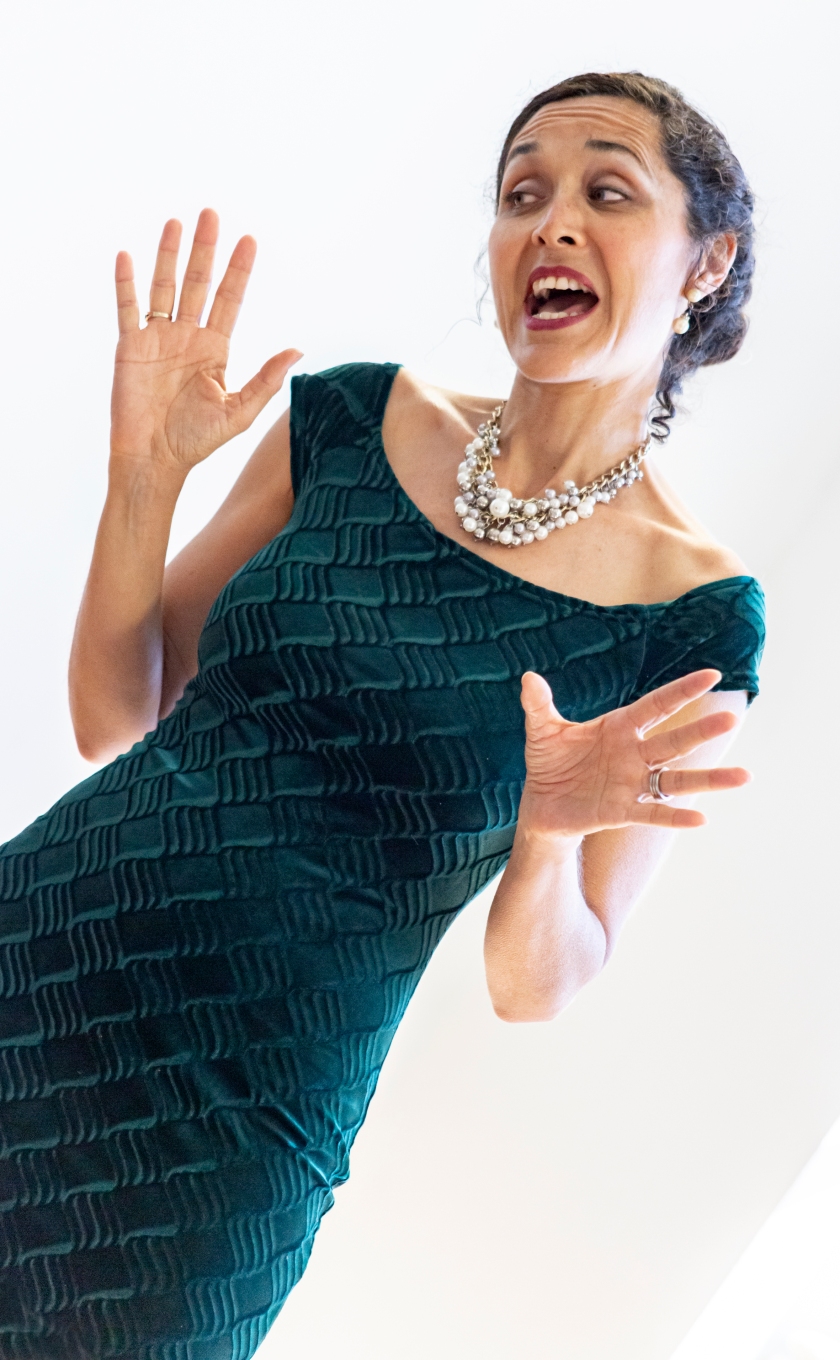
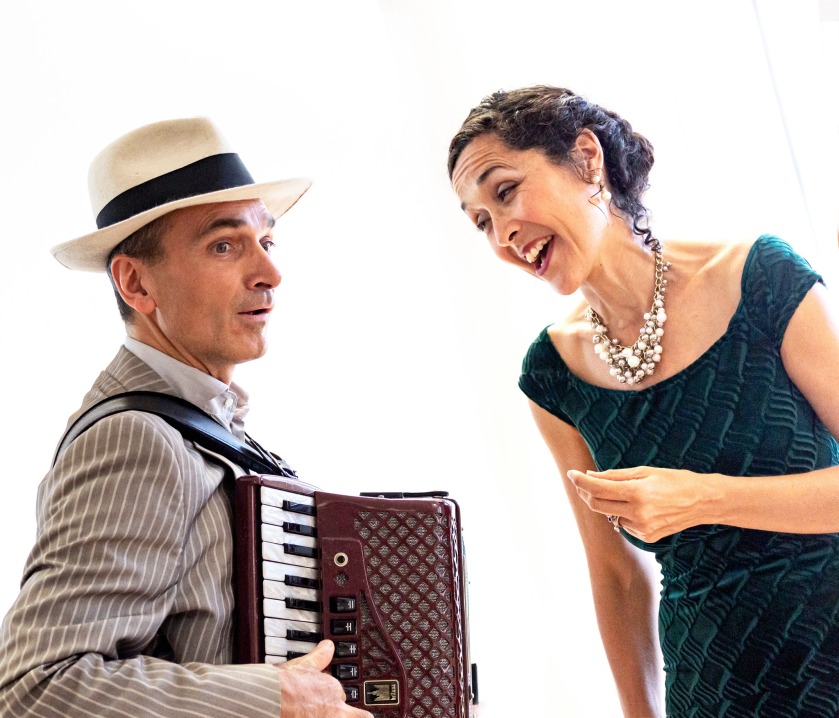
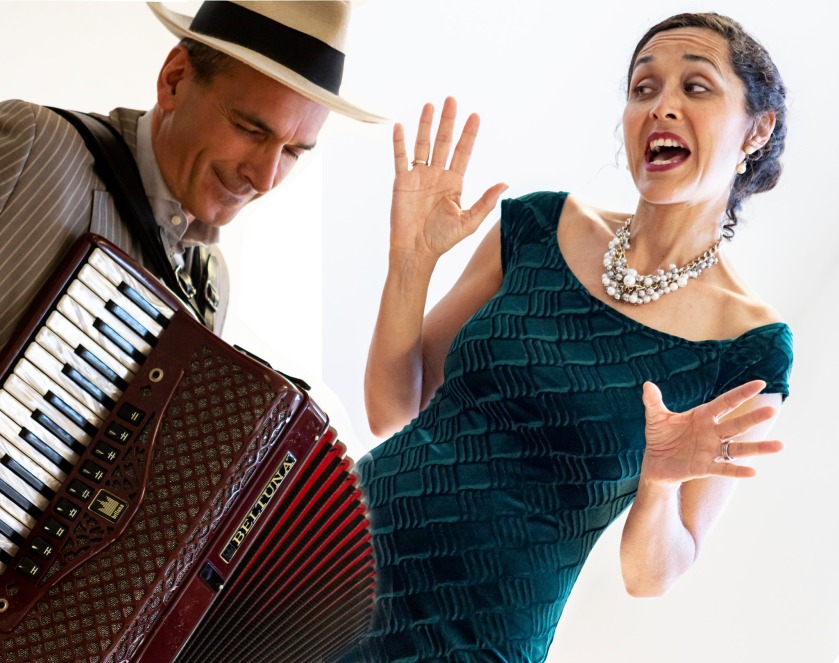
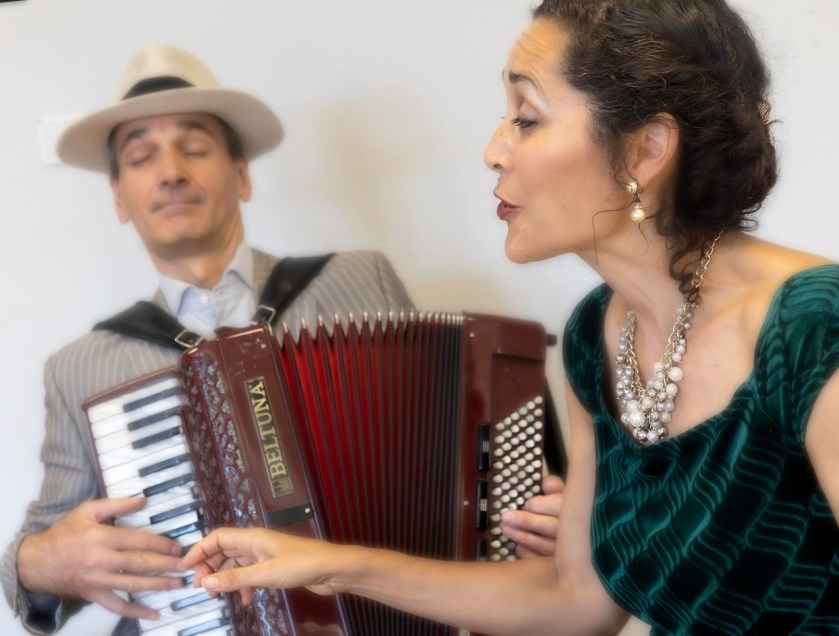
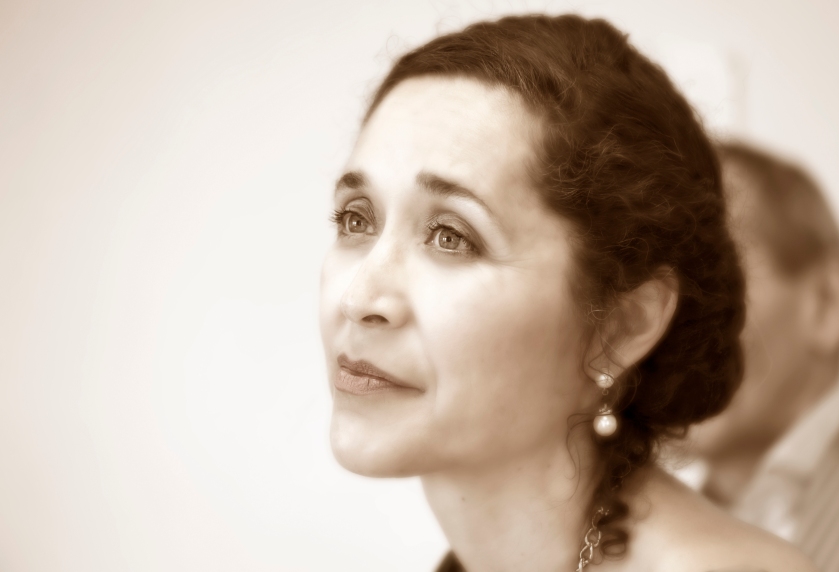
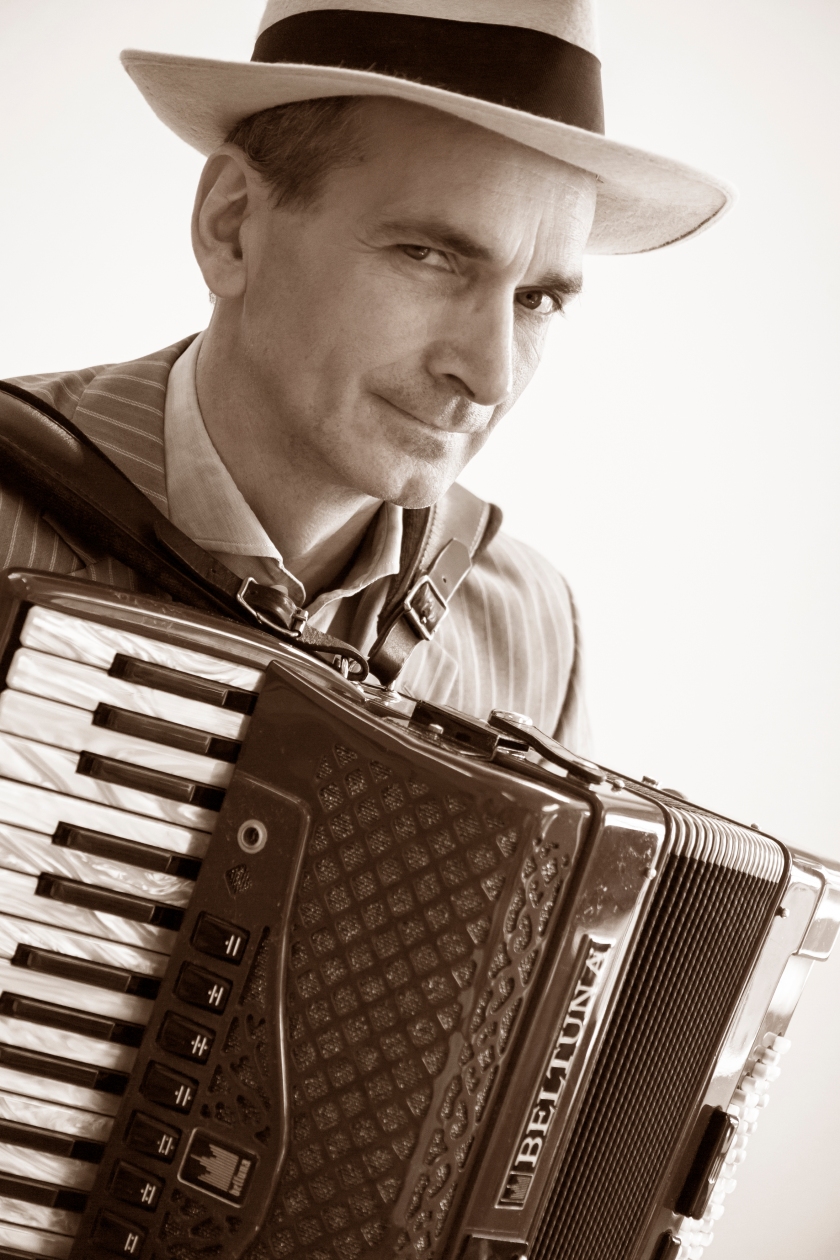
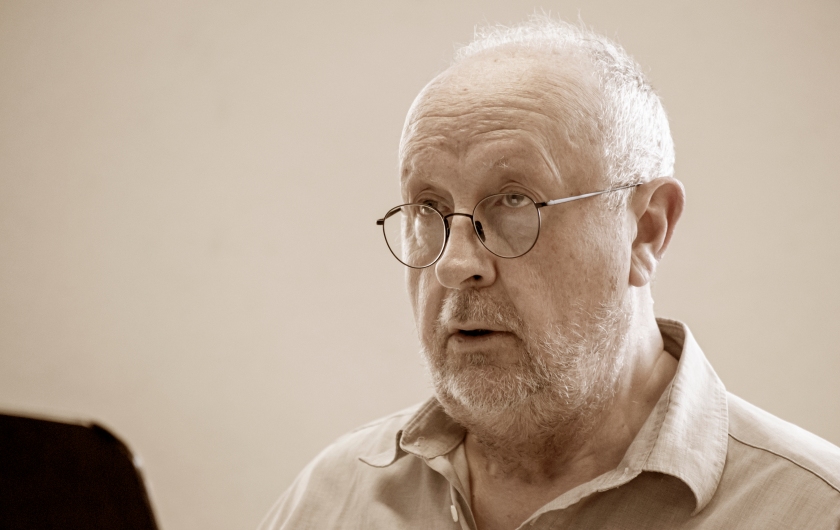

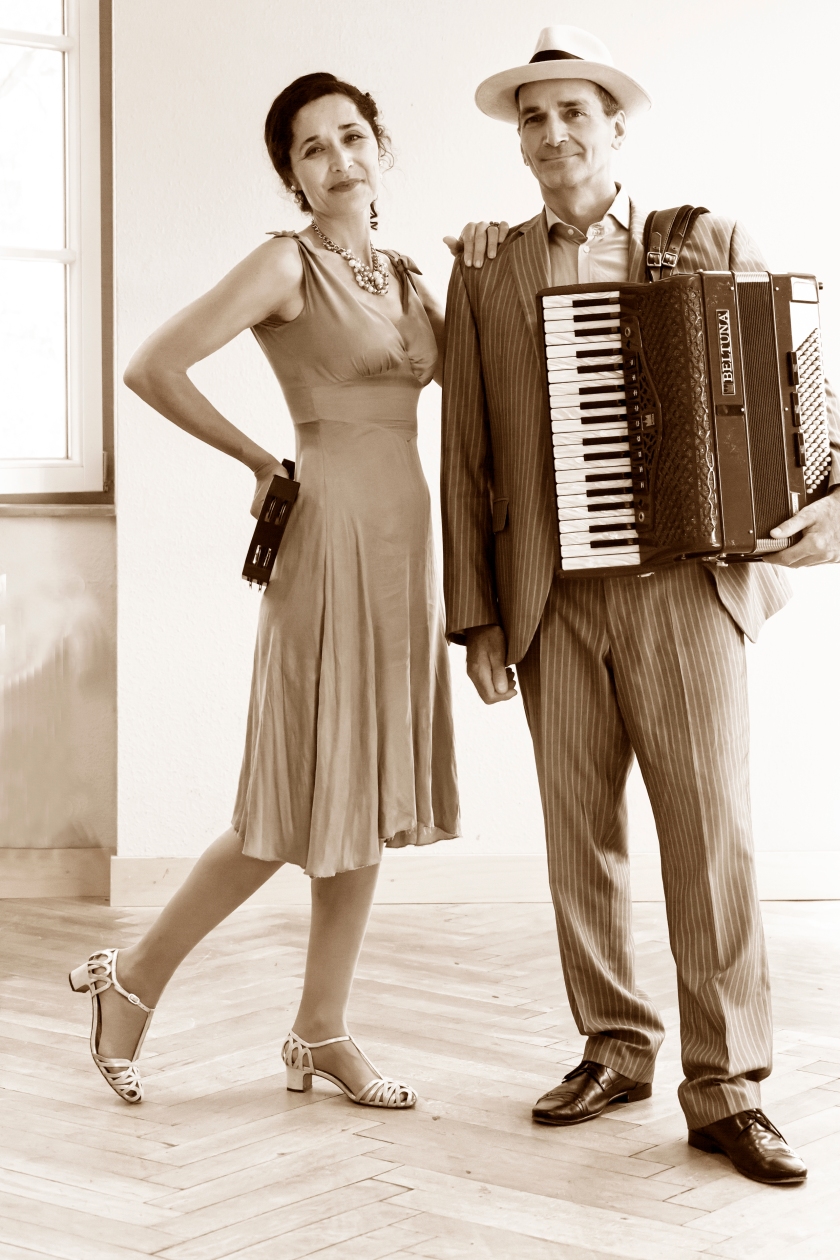








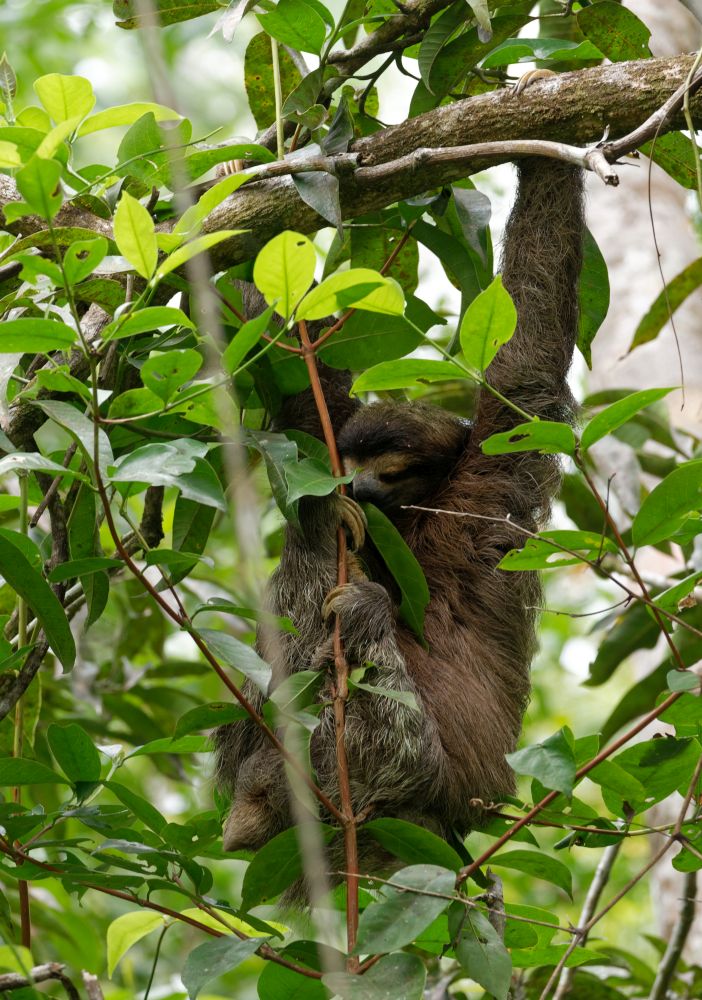
 NOTES: Text © Jadi Campbell 2020. Quotation from
NOTES: Text © Jadi Campbell 2020. Quotation from  We’re still in lockdown in Germany, with the restrictions slowly easing. I took these photos on March 23rd when I went for a long walk to get some sunshine and stretch my legs:
We’re still in lockdown in Germany, with the restrictions slowly easing. I took these photos on March 23rd when I went for a long walk to get some sunshine and stretch my legs:

 I become aware of an intense fluttering sound. It takes me a minute, but finally I identify it: the wind is blowing so hard that it shakes the police tape around the other children’s Spielplatz. The tape’s rattling is the only thing I can hear beside the birds.
I become aware of an intense fluttering sound. It takes me a minute, but finally I identify it: the wind is blowing so hard that it shakes the police tape around the other children’s Spielplatz. The tape’s rattling is the only thing I can hear beside the birds.